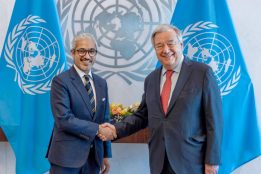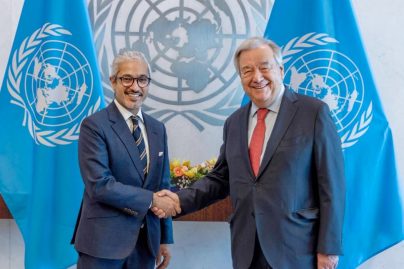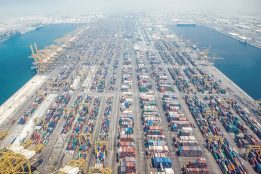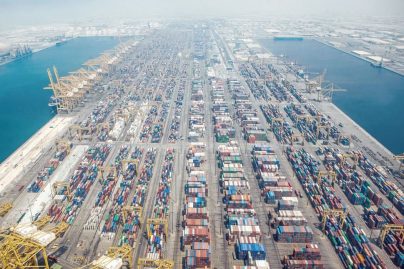Sudan heads to U.S. ‘whitelist’, set to pledge $335m in compensation to 1998 terror victims, families
Tue 20 Oct 2020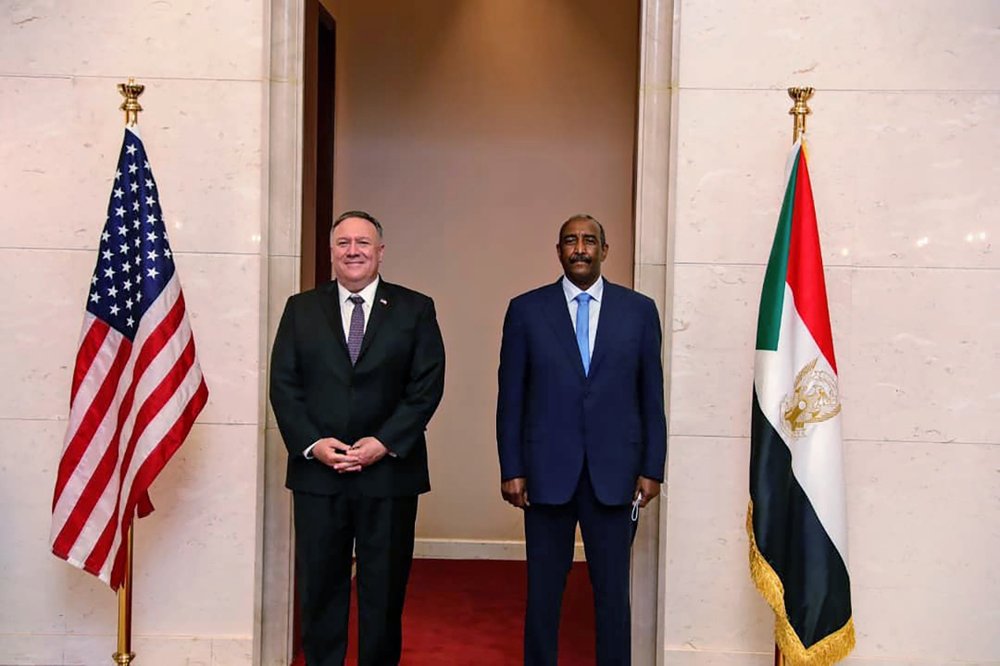
President Donald Trump on Monday said Sudan will be removed from the U.S. list of state sponsors of terrorism if it follows through on its pledge to pay $335 million to American terror victims and their families, but some hurt in the attacks weren’t happy with the deal.
The move would open the door for the African country to get international loans and aid needed to revive its battered economy and rescue the country’s transition to democracy. The announcement, just two weeks ahead of the U.S. presidential election, also comes as the Trump administration works to get other Arab countries, such as Sudan, to join the United Arab Emirates and Bahrain’s recent recognition of Israel.
Delisting Sudan from the state sponsors blacklist is a key incentive for the Sudanese government to normalize relations with Israel. Trump’s announcement came after Treasury Secretary Stephen Mnuchin traveled to Bahrain to cement the Gulf state’s recognition of the Jewish state.
Sudan has agreed to pay compensation for victims of the 1998 bombings of the U.S. embassies in Kenya and Tanzania, attacks conducted by Osama bin Laden’s al-Qaida network while bin Laden was living in Sudan.
Gen. Abdel Fattah al-Burhan, head of Sudan’s ruling sovereign council, welcomed Trump’s announcement as a “constructive step.” He said in a tweet the removal would come “in recognition of the historic change that has taken place in Sudan.”
Sudan is on a fragile path to democracy after a popular uprising last year led the military to overthrow autocratic leader Omar al-Bashir in April 2019. A military-civilian government now rules the country, with elections possible in late 2022.

In an address to the nation, Prime Minister Abdalla Hamdok said getting off the list would help his government benefit from debt relief and access foreign loans and investments, which are seen as the country’s gateway to economic recovery. The country has more than $60 billion in foreign debt, he said.
“It’s a long way,” he said. “It needs serious planning and hard work to achieve the maximum benefit of this opportunity.”
Once the compensation money has been deposited, Trump is to sign an order removing Sudan from the terrorism list, on which it has languished under heavy American sanctions for 27 years.
Congress is then expected to act to restore Sudan’s sovereign immunity, which would effectively stop future compensation claims from being filed against it in U.S. courts. Meanwhile, Sudan is to begin the process of normalizing relations with Israel, possibly with Israeli Prime Minister Benjamin Netanyahu joining a congratulatory phone call between Trump and Hamdok.
The designation of Sudan as a state sponsor of terrorism dates back to the 1990s, when Sudan briefly hosted bin Laden and other wanted militants. Sudan was also believed to have served as a pipeline for Iran to supply weapons to Palestinian militants in the Gaza Strip.
The “state sponsors of terrorism” designation is one of the U.S. government’s most effective sanctions tools and bars virtually all non-humanitarian U.S. transactions with countries on it. It was created in 1979 to punish nations that fund or otherwise support terrorist acts. With Sudan’s removal, only Iran, North Korea and Syria will remain on the list.
Some victims denounced the settlement; others urged Congress to pass legislation needed to implement the agreement.
More than 500 of the 700 victims of the 1998 bombings at the U.S. embassies signed a letter rejecting Sudan’s settlement offer, partly because it would award more money to Americans than the Africans who worked there.
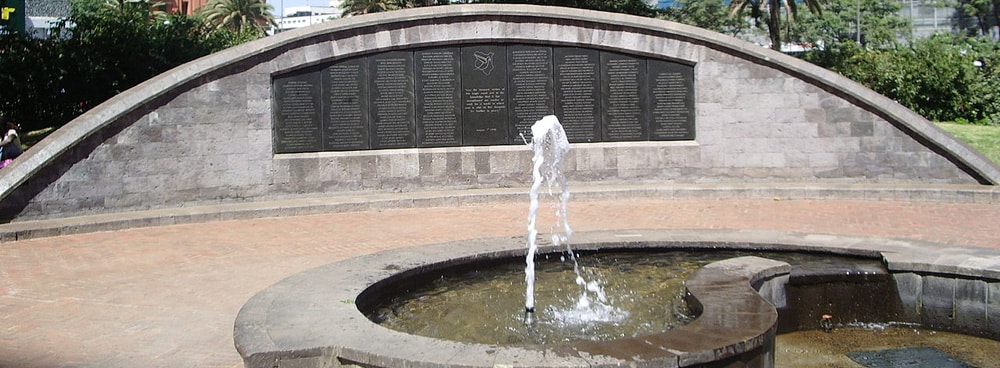
The letter said the plan offers compensation dependent on a victim’s nation of birth, rather than the severity of injuries.
“This scheme would pay nothing at all to nearly a third of the embassy victims and categorizes naturalized U.S. citizens as non-Americans,” the letter said. “It sets the value of the life of a U.S. embassy employee born in Africa at only 8% of an employee born in America.”
[Sourced from Agencies]

 Apr 20 2024
Apr 20 2024


